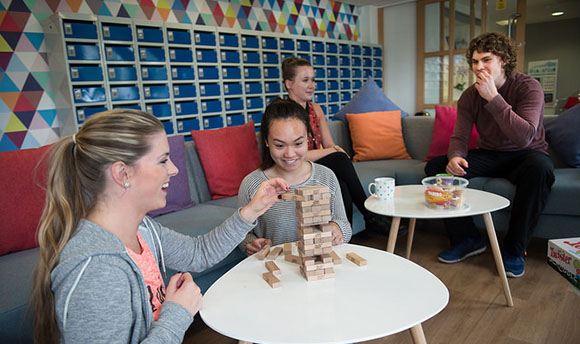This article was originally featured in the Scotsman Friends on 02.03.23
A wee bit of the World Cup was Scotland’s when the cup was passed along the Argentina team and rested momentarily in the hands of a man called MacAllister. Now the awards season is upon us, this is how the Oscars might feel for Scots.
A Scotsman, Glasgow born Frank Lloyd, was among the founders of the Academy. Neil Paterson, also a Scotsman, wrote the script for Oscar winning Room at the Top in 1960. Scots born Norman McLaren and John Grierson each won an Oscar for their documentaries, in 1952 and 1962 respectively. More recently, in 2008, Tilda Swinton won best supporting actress at the Oscars for her part in Michael Clayton. The list goes on, but not much further.
What the Oscars mean and represent has been questioned increasingly in recent times, and should continue to be questioned, when once again we have a shortlist devoid of woman directors. Regardless, the awards ceremony is still a key marker in the calendar of international film events. Their value remains perhaps in their ability to raise questions and prompt reflection; to make certain things and films and people more visible.
In recent weeks, from a Scottish perspective, most visible has been the Oscar nomination of Paul Mescal for best actor in Aftersun, a film directed by un-nominated Scotswoman Charlotte Wells, and starring un-nominated Scottish girl, Frankie Corio. Gladly, many will know about the film and its stars and director thanks to the best actor nomination. For all that Mescal is Irish not Scottish, if he wins it would be quite a lot more than a MacAllister moment, because not only is the film focused intensely on two Scottish characters, but its Scottish director also admits that in part Aftersun is autobiographical of her upbringing in Edinburgh.
Reflecting recently on growing up in the Capital, Wells recognises the role of Edinburgh Filmhouse in opening the world of film to her. It allowed her to see films she might otherwise not, and gave her the chance to participate in Scottish Kids are Making Movies. She met other children passionate about film and began to believe in the possibility of a career in film. Although nostalgic about its past, Wells recognises the Filmhouse must adapt to a changed Edinburgh and a changed world. It might not have the luxury of the same, or even one location, she suggests; but it must continue to speak to diverse audiences and to young people and children; and to offer films and experiences that connect the past and the present, the local and the global.
This advice seems especially sound coming from Charlotte Wells. She has a deep love of film clearly linked in some ways to her home town. But her training and experience also point to an outward-looking artist with a range of talents and good understanding of the film industry. Her observations that opportunities for working in film have grown are broadly
accurate in many contexts, including Scotland, but it’s complicated. The current status of Scotland’s various nascent film studios alone indicates this.
Nonetheless, there are positive signs that Scotland could become increasingly visible at the Oscars in years to come. A film and screen curriculum for schools is a welcome development, and there is great work going on by staff and students of film across Scottish universities. Queen Margaret University’s new Masters programme in Global Film Industries is unique in a Scottish context. It offers postgraduate students the chance to further their passion for film, and to learn important skills in promotion, distribution, finance, programming, education, outreach, and project management which are needed across the industry.
Such initiatives to grow skills and talent may not result in an Oscar win, or even a MacAllister moment. But it will encourage students to shoot for stars higher, wider, better and more important – stars as bright as Charlotte Wells and Aftersun.







